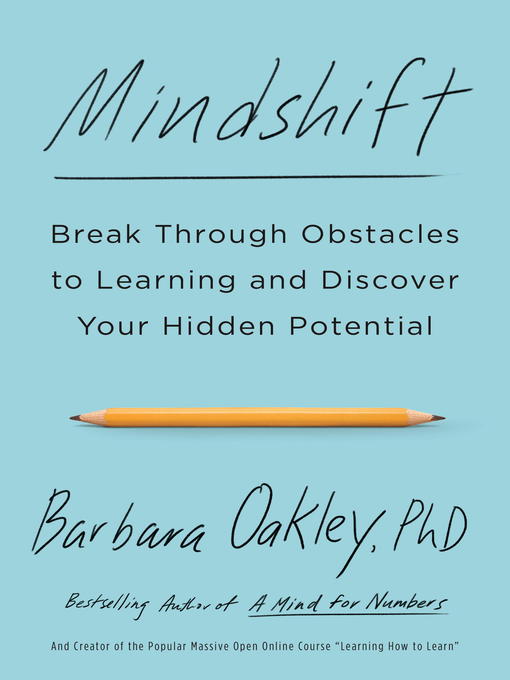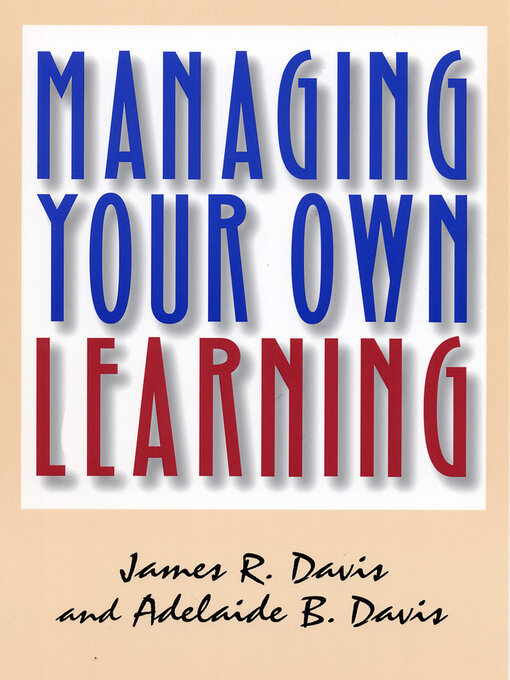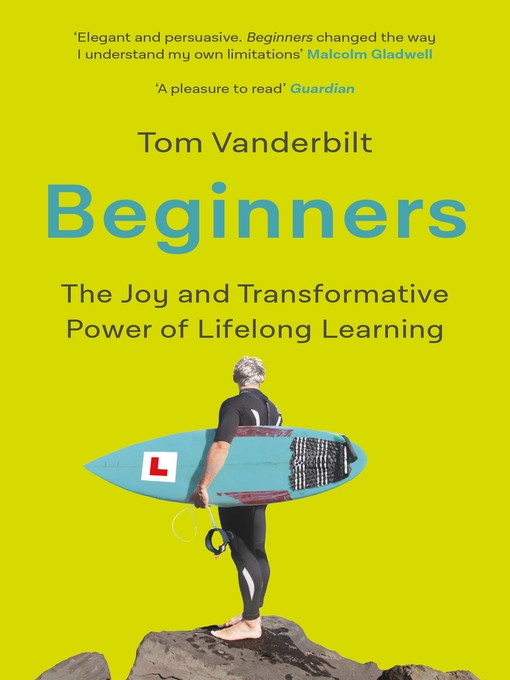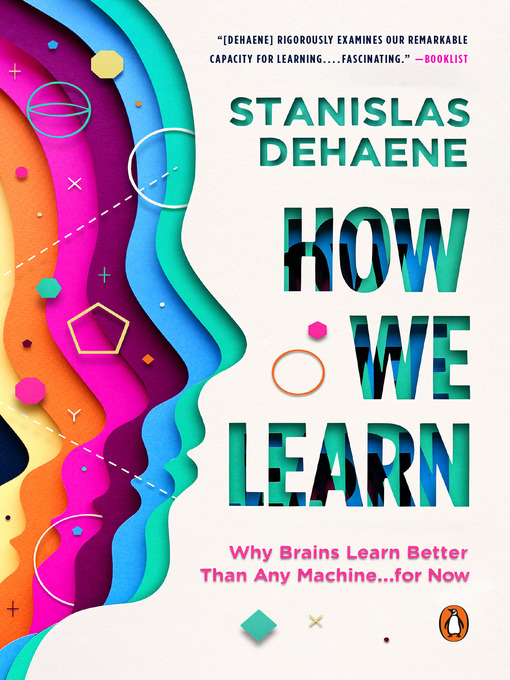Continuous Learning
Continuous Learning
The rapidly changing work environment increases the demand for workers with new and diverse skills. Work has become more automated in today’s fast-paced digital world, especially with the rise of artificial intelligence. To remain relevant in the workforce, workers must continuously learn new skills, processes, and technologies. Learning is an ongoing process rather than a one-time event. To develop a habit of learning and thrive in your career, you need to understand why continuous learning is important, how it benefits you and the different ways you can develop this habit.
Key Takeaways
- Continuous learning is key to your personal and career growth.
- It helps you stay relevant in your field as the work environment changes.
- It ensures you are equipped with the skills and knowledge that are currently in demand.
What is Continuous Learning, and Why is it Important?
Continuous learning refers to the need for workers to engage in lifelong learning to keep pace with the rapidly changing technological landscape, business environments and customers’ needs. You should strive to become a continuous learner, as it will help you develop the skills, knowledge, and competencies to grow and adapt. Continuous learning allows you to increase innovation, creativity, and efficiency, as well as identify the transferable skills you can apply to other professions. It provides the means to remain flexible and relevant in a changing world.
Staying Relevant
As the world of work changes, it is important to focus on continuous learning to stay relevant in your field. This can be challenging as learning takes time, effort, and dedication. There may be setbacks and failures along the way – but that is normal. Rather than focusing on the results, you should focus on enjoying the learning process rather than worrying about the outcome.
Growing Personally and Professionally
When you focus on continuous learning, you are not just focusing on learning new skills, technologies, and methodologies. You are also focusing on self-development and personal growth. As you learn more and more, you will gain confidence and likely notice more areas in your life where you can improve. With continuous learning, you are investing in yourself and your career.
Boosting Productivity
You will feel fulfilled as you gain confidence in your skills and abilities, which often boosts productivity. This will also benefit employers.
How to Inculcate a Habit of Continuous Learning?
Here are five steps that will help you develop a continuous learning habit.
Step 1: Determine what you really want to know
Think about the subjects that you want to focus on and determine the desired outcomes you would like to see.
Step 2: Set clear and specific goals that are relevant to your objectives
Create plans and goals that will push you towards the end results. The goals should be dynamic and adaptable as things may change. The goals should be specific, measurable, achievable, relevant, and time bound.
Step 3: Set aside time to learn
One of the best ways to develop a habit of learning is to create dedicated time for learning. This will help you avoid procrastination and ensure that you make progress toward your learning goals.
Step 4: Choose the learning mediums
It is also important to choose the proper learning methods that are best suited for you. There are many different learning methods, including reading, watching videos, participating in webinars, joining online communities, and attending seminars and conferences.
Step 5: Surround yourself with passionate learners
Spend time with lifelong learners who value knowledge and pursue mastery of particular subjects. They will often push you toward a deep passion for learning.
References
-
Brassey, Jacqueline, Nick van Dam, & Katie Coates. “Seven essential elements of a lifelong-learning mind-set”. McKinsey & Company, February 19, 2019. https://www.mckinsey.com/business-functions/people-and-organizational-performance/our-insights/seven-essential-elements-of-a-lifelong-learning-mind-set
-
Malec, Melissa. “Continuous Learning: What It Is, Why It’s Important, and How to Support It”. Learnerbly, February 7, 2022. https://www.learnerbly.com/articles/continuous-learning-what-it-is-why-its-important-and-how-to-support-it
-
Sword, Rosalyn. “Why is Continous Learning Important?”. High Speed Training, August 11, 2021. https://www.highspeedtraining.co.uk/hub/why-is-continuous-learning-important/
-
“5 Steps to Developing a Lifelong Habit of Learning”. Cornerstone University, July 28, 2018. https://www.cornerstone.edu/blog-post/5-steps-to-developing-a-lifelong-habit-of-learning/
Further Reading
Learn more about continuous learning and find out how you can develop a habit of learning.
Websites
What Motivates Lifelong Learners
Learning goes beyond just the transfer of existing knowledge. The creation of new knowledge drives real learning. This author finds that motivated people learn are spurred not by fear of losing their jobs but by the “passion of the explorer.” The article describes this mindset and how companies can create it among their employees.
Hagel III, John. “What Motivates Lifelong Learners.” Harvard Business Review, 11 October 2021. https://hbr.org/2021/10/what-motivates-lifelong-learners
Seven Essential Elements of a Lifelong-learning Mind-set
To thrive in the rapidly changing workplace environment, employees must embrace lifelong learning and continually increase their knowledge, skills, and competencies. This article presents seven practices to help employees be mindful of their career paths and succeed. The seven practices are: focusing on growth and developing a growth mindset, becoming a serial master, stretching outside your comfort zone, building a personal zone, owning your development, taking charge of your learning, and doing what you love and staying vital.
Brassey, Jacqueline, Nick van Dam and Katie Coates. “Seven Essential Elements of a Lifelong-learning Mind-set.” McKinsey & Company, February 19, 2019. https://www.mckinsey.com/business-functions/people-and-organizational-performance/our-insights/seven-essential-elements-of-a-lifelong-learning-mind-set
Continuous Learning is the Fuel for Long-Term Agility
Companies are increasingly embracing agility transformations to adapt quickly and succeed in a rapidly changing marketplace. For long-term agility, companies need to embark on a journey of continuous learning. This article discusses the importance of continuous learning and continuous improvement to fuel the company’s agility and success in the long run.
Paldi, Ofir. “Continuous Learning is the Fuel for Long-Term Agility.” Forbes, January 5 2022. https://www.forbes.com/sites/forbestechcouncil/2022/01/05/continuous-learning-is-the-fuel-for-long-term-agility
6 Strategies to Create a Culture of Continuous Learning
Companies need to inculcate a culture of continuous learning to remain relevant and ensure they have the knowledge and skills to innovate, quickly respond to challenges and adapt to the changing nature of work. This article recommends six strategies to cultivate a learning culture: focus on upskilling your managers, make learning more engaging by doing it socially, implement continuous learning in a hybrid workplace, lean into collaboration, make it relevant by recognising and prioritising what employees value, and explore and experiment.
Jamieson, Ella. “6 Strategies to Create a Culture of Continuous Learning.” Quadmark, April 26, 2022. https://www.quadmark.com/en/insights/6-strategies-to-create-a-culture-of-continuous-learning
Is your Organization Harnessing the Proven Power of Learning?
In addition to influencing and adapting to market conditions, learning is a key to long-term viability for an organisation. Creating an effective and impactful learning culture requires balancing content and courses (the “supply side”) with capability-building needs and proactive participation (the “demand side”). This article discusses three critical attributes organisations can build a culture that inspires effective and impactful learning, namely essential learning, meaningful learning, and accessible learning.
Dietsch, Stacey, Bonnie Dowling & Nicolai Nielsen. “Is your Organization Harnessing the Proven Power of Learning?” McKinsey & Company, August 27, 2020. https://www.mckinsey.com/capabilities/people-and-organizational-performance/our-insights/the-organization-blog/is-your-organization-harnessing-the-proven-power-of-learning
Journal Articles
The PLE as a Framework for Developing Agency in Lifelong Learning
Personal Learning Environment (PLE) disrupts educational character in connecting formal, non-formal and informal learning experiences. By integrating those experiences, PLEs make lifelong learning or continuous learning an achievable goal. This paper explores the concept of PLE, its cognitive and theoretical underpinnings, and its implications for the design of pedagogical processes and learning ecosystems.
Dabbagh, Nada, & Linda Castaneda. “The PLE as a Framework for Developing Agency in Lifelong Learning”. Educational Technology Research & Development, 68, no. 6 (2020): 3041-3055. (From EBSCOhost Academic Search Complete via NLB’s eResources website)
Lifelong Learning through Cultural Learning, Citizenship Learning, and Community Engagement in Grassroots Communities in South Korea
A master plan for promoting lifelong education was formulated in Korea in 2003. This article looks at how the current Korean lifelong learning, led by citizens, is connected with cultural learning, citizenship learning, and community engagement, rooted in the community and a combination of active community-building projects. It also examines recent trends of community building projects through three cases of grassroots community building centring on local village schools, called “Maeul Hakkyos”.
Cho, Sung Ran. “Lifelong Learning through Cultural Learning, Citizenship Learning, and Community Engagement in Grassroots Communities in South Korea”. New Directions for Adult & Continuing Education, 2019, no. 162 (Summer 2019): 61-72. (From EBSCOhost Academic Search Complete via NLB’s eResources website)
E-Books
Retrieved from OverDrive. (myLibrary ID is required to access the eBook)
| Title | Description |
|---|---|
 |
This book looks at how we can overcome stereotypes and preconceived ideas about what is possible for us to learn and become and uncover and develop talents we do not realise we have. It presents strategies for learning backed by neuroscience and shows how we can turn perceived weaknesses such as impostor syndrome and advancing age into strengths. Oakley, Barbara. Mindshift: Break Through Obstacles to Learning and Discover Your Hidden Potential. New York: Penguin Publishing Group, 2017. |
 |
This guide presents seven powerful strategies for staying ahead in the knowledge-based economy. It offers a comprehensive approach to creating a focused learning philosophy, choosing the best approach to planning programmes and activities, and developing appropriate systems for assessing results. Davis, James, R. and Adelaide B. Davis. Managing Your Own Learning. San Francisco: Berrett-Koeler Publishers, 2022. |
 |
This book shares the author’s experiences, joys and vulnerabilities as he embarks on a yearlong quest of learning. He notes that learning skills help open new worlds, and beginners are alike: they make the same mistakes. Vanderbilt, Tom. Beginners: The Joy and Transformative Power of Lifelong Learning. Atlantic Books, 2021. |
 |
The human brain is an extraordinary learning machine. In this book, the author uses the boundary between computer science, neurobiology, and cognitive psychology to explain how learning works and how to make the best use of the brain’s learning algorithms in our schools and universities, as well as in everyday life and at any age. Dehaene, Stanislas. How We Learn: Why Brains Learn Better Than Any Machine . . . for Now. New York: Penguin Publishing Group, 2020. |
Videos
How to Embrace Being a Lifelong Learner
Becoming a lifelong learner is one of the great unlocks of life. You are capable of far more than you would believe. The benefits include growing your professional skillset and creating leadership opportunities. This video discusses how you can embrace being a lifelong learner.
The Art of Improvement. (2020, August 17). How to Embrace Being a Lifelong Learner. https://www.youtube.com/watch?v=cqRoGpSGFwk
Continuous, Lifelong Learning is the Future of Work
In a rapidly changing world, continuous learning is very important. For companies, long-term investment in continuous learning has the highest return on investment of any business activity. This video explores continuous learning and looks at four actionable steps to becoming a continuous learning organisation.
Growth Tribe. (2021, September 30). Continuous, Lifelong Learning is the Future of Work. https://www.youtube.com/watch?v=yHSL3mGM-4A
Podcasts
Building a Learning Culture that Drives Business Forward
Learning itself is a fundamental skill. It can even happen through social interactions and conversations. The building blocks of learning include setting goals, enlisting others in the process, discussing what you are learning and obtaining feedback. This podcast discusses how individuals and organisations can build skills and create a learning culture.
Smith, Matthew, & Elizabeth Young McNally. (2021, April 16). Building a Learning Culture that Drives Business Forward. Retrieved 2022, October 6. https://www.mckinsey.com/capabilities/people-and-organizational-performance/our-insights/building-a-learning-culture-that-drives-business-forward
Curiosity and the Case for Lifelong Learning
The journey is more important than the destination when it comes to upskilling. The focus should not be on the job you are doing now but on the job you will do in the future. In this podcast, Professor Sameer Hasija, Dean of INSEAD’s Executive Education, shares his thoughts on the importance of lifelong learning and why having a curious mindset is key.
INSEAD Executive Podcasts. (2022, September 8). Curiosity and the Case for Lifelong Learning. Retrieved 2022, October 6. https://open.spotify.com/episode/5aFGfGvQZdkw3tRcC0IXR8?si=9EAXpfVeQeSDN26h5tMHFw&nd=1
All Rights Reserved. National Library Board Singapore 2022.

